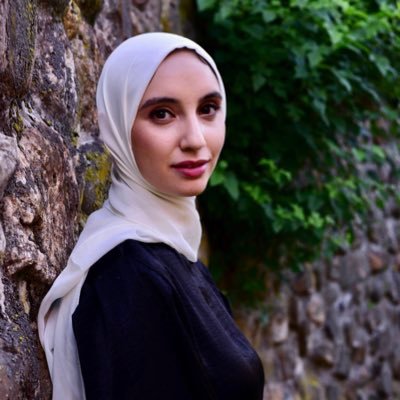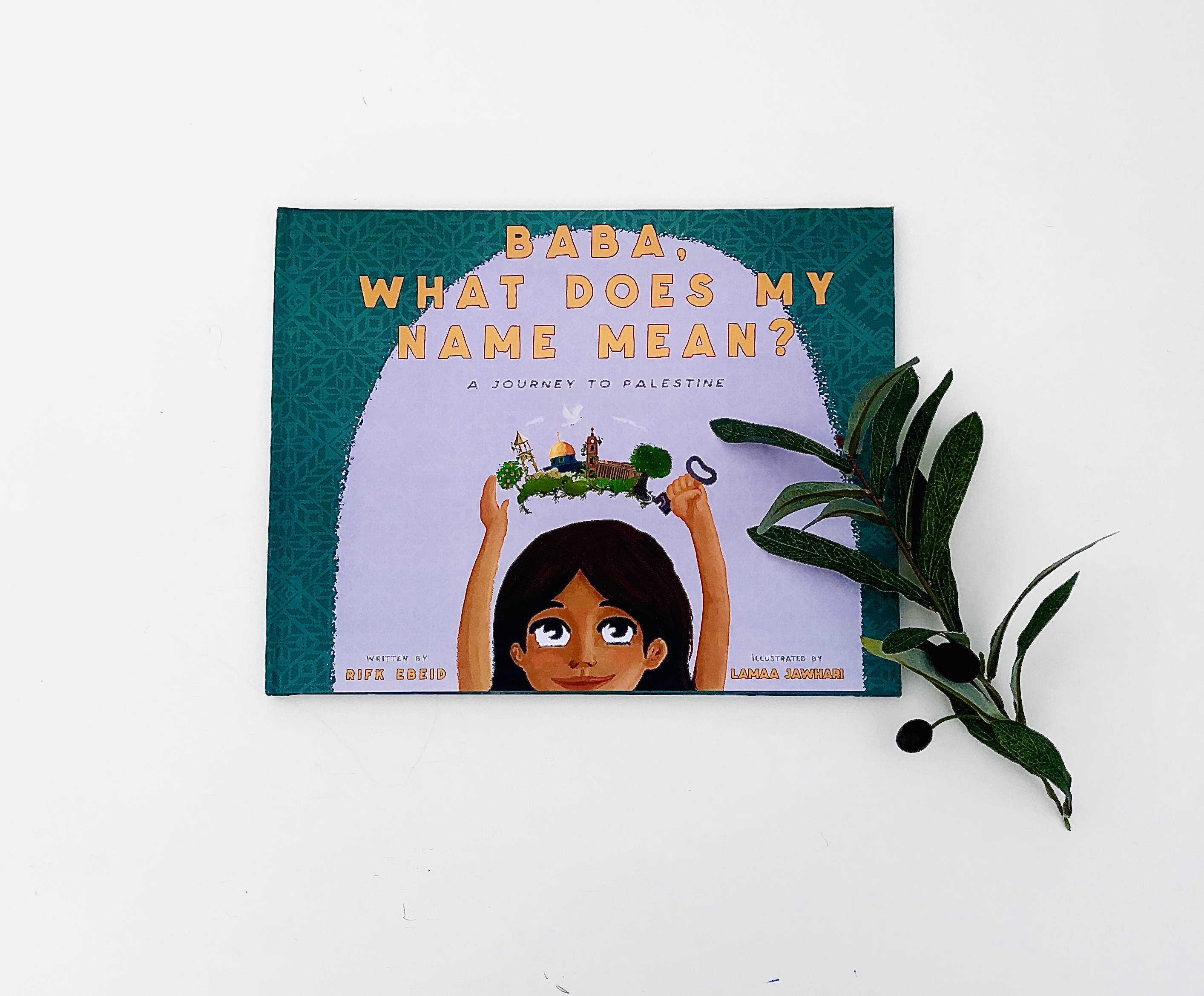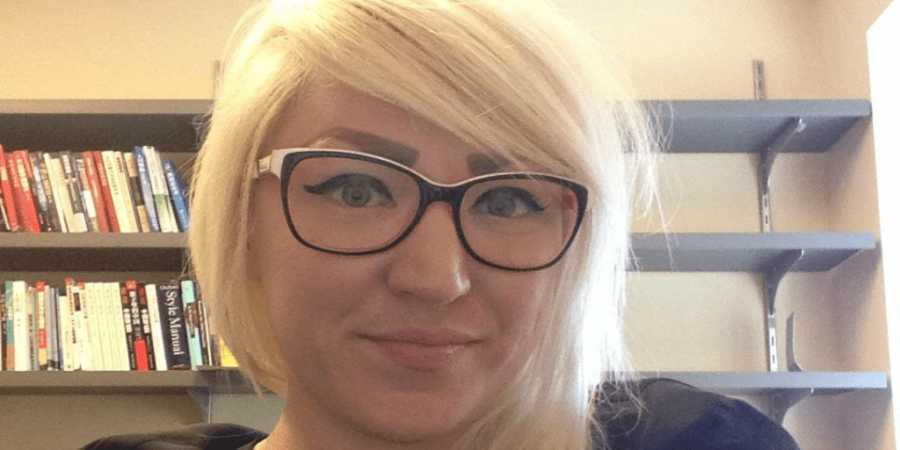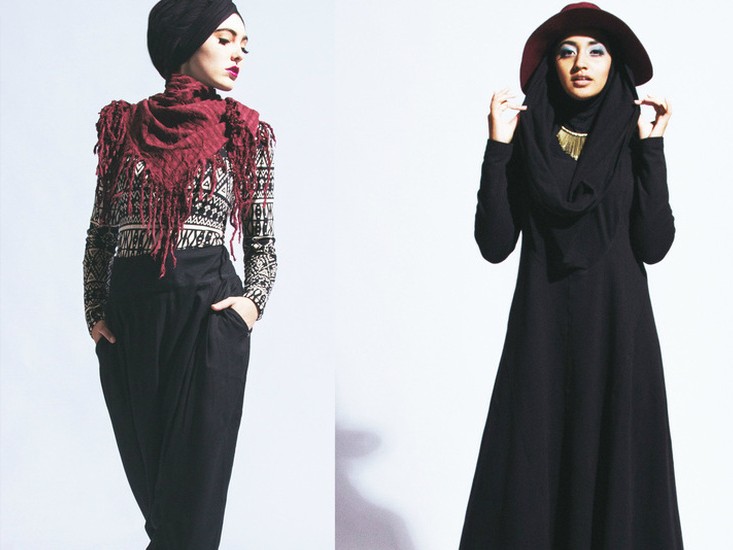I am an only child, but grew up surrounded by aunts, uncles, and multitudes of cousins in an extremely diverse East Bay suburb, where we celebrated Chinese New Year, attended Catholic communions, and danced at Filipino debuts.
Who Are You?
I was born in Oakland, CA in 1974. My parents emigrated from China at the close of the 1960s. I am an only child, but grew up surrounded by aunts, uncles, and multitudes of cousins in an extremely diverse East Bay suburb, where we celebrated Chinese New Year, attended Catholic communions, and danced at Filipino debuts.
I was always an avid reader with an active imagination. My parents, beyond certain Buddhist cultural practices, were not religious. I loved attending Mass with my Catholic friends, and constantly read and re-read a worn copy of Christian parables I’d been given after accompanying a Baptist friend to Sunday school. In high school, I was almost baptized, but decided against it after the pastor told me I could not attend the Madonna concert I’d bought tickets to if I was a Christian.
After high school, I attended the University of California, Berkeley, where I became involved in student activism and anti-racist organizations. After graduating with degrees in English and Ethnic Studies, I worked as a journalist and cultural critic, writing for the San Francisco Bay Guardian, the East Bay Express. In 1999, I returned to school and received an MFA in English and Creative Writing from Mills College in Oakland in 2001, and a PhD in Ethnic Studies from UC Berkeley in 2009.
I began my PhD program in August 2001. A month later, following the attacks of 9/11, I once again became involved in anti-racist organizing, this time with Muslim and Arab organizations in the Bay Area. At this time, I began studying Islam and the history of Islam in the U.S. That same year, I met my future husband, who was born into and raised in an African American Muslim community in Milwaukee, WI. I converted to Islam the following year. We now have two beautiful daughters, ages 9 and 7.
I currently live in New Jersey, where I am Assistant Professor of American and Women’s and Gender Studies at Rutgers University-New Brunswick. I teach courses on race and ethnicity in the U.S., feminist theory, social movements of the 20th-21st century, and U.S. Muslim history and culture. This year, I will finish a book on Muslim women in the United States across the 20th-21st centuries, entitled Gendering American Islam: U.S. Muslim Women and the Question of Race.
Give us your favorite quote and tell us why it means so much to you.
The first thing that popped into my head in response to this question was the last line of ee cummings’s poem:
“somewhere I have never travelled gladly beyond”: “nobody, not even the rain, has such small hands.”
Like many angst-y teenagers, I fell in love with cummings in high school. Since then, I’ve had periods of obsession with many poets, especially Pablo Neruda and June Jordan, and have realized that I associate poetry with love, with feelings of intense longing and desire. The cummings line I mention above always stays with me because I love the fluidity with which the speaker of the poem describes the object of their love and the natural world; it is entirely plausible to me that s/he compares their love’s hands to the rain, and that the rain has small hands. To this day, every time I read that, I smile.
What is your Islamic perspective?
What Ayah of the Quran do you hold close to your heart? Why?
Before I converted to Islam, someone shared with me the line from Surah Al Inshirah: “With hardship, there is ease.” I was immediately struck by the compassion of that statement; it was, for whatever reason at the time, enormously comforting to me. Over a decade later, it remains particularly dear to me, especially after learning the full context in which it was revealed to the Prophet Muhammad (saw), as he feels utterly alone, when he thinks perhaps God has abandoned him. I think of that anguish he must have felt, and then the sense of overwhelming love and compassion that those words convey.
What Hadith do you wish more non-Muslims knew about? Why?
There are so many hadith that detail the kindness and gentle nature of the Prophet (saw) in his everyday dealings with people. As a mother, I especially love all the hadith that relay his interactions with children, how he joked and was affectionate, how he performed prayers with his grandchild on his shoulders. Yet this nature also extended to the poor and others at the margins of society, and even his enemies. I always think of this kindness and patience when I see the anger and vitriol both directed at Muslims and with which Muslims themselves respond to people and actions they deem contrary to Islam.
The “Ten”:
1. What is your favorite book?
Toni Morrison’s “Beloved” and F. Scott Fitzgerald’s “The Great Gatsby.”
2. Who inspires/inspired you?
My husband and daughters.
3. What is the best lesson your mother/mother figure taught you?
“Just because everyone is doing something doesn’t make it right.”
4. What advice would you give your thirteen year old self?
Slow down. Breathe. Be still.
5.What are your hopes for your daughter and son?
I tell them this everyday: to make the world a better place through your presence in it.
6. What is the biggest trial you went through in your life and how has that changed you?
I suspect my biggest trials are yet to come. In my life thus far, however, my biggest trials have arisen from confronting and rejecting self-destructive behaviors, which have led me to seek a better and straight path.
7. Any regrets? What’s something you wish you’d thought about more before you did it?
I’ve made many mistakes, but no regrets. I turned 41 last year and realized I pretty much wish I had thought of everything in my life more carefully before I did it. I suppose I do wish I had learned to play the cello. But I plan on taking that up soon, insh’Allah.
8. How do you stay grounded in your work and/or spiritually grounded?
It’s a constant struggle. But the honest response is I do yoga, I try to eat right, I pray, I try not to raise my voice too often, and I don’t work after 10 pm or on weekends as much as possible. Oh, and I tell my daughters to hug and kiss me a lot.
9. How do you bring about real change?
Patience, perseverance, and focus. Everyone wants “justice”—however you define the term—to come quickly, through the change of a law, a boycott, a protest. Real change takes time, as well as the understanding that all is interconnected. For me, for who I am and what I am able to do: I write, I teach, and my husband and I raise our children with our best abilities and intentions, always with the desire for connection and change.
10. What do you hope to be remembered for?
My awesome vegan chili.
Message from Sylvia:




